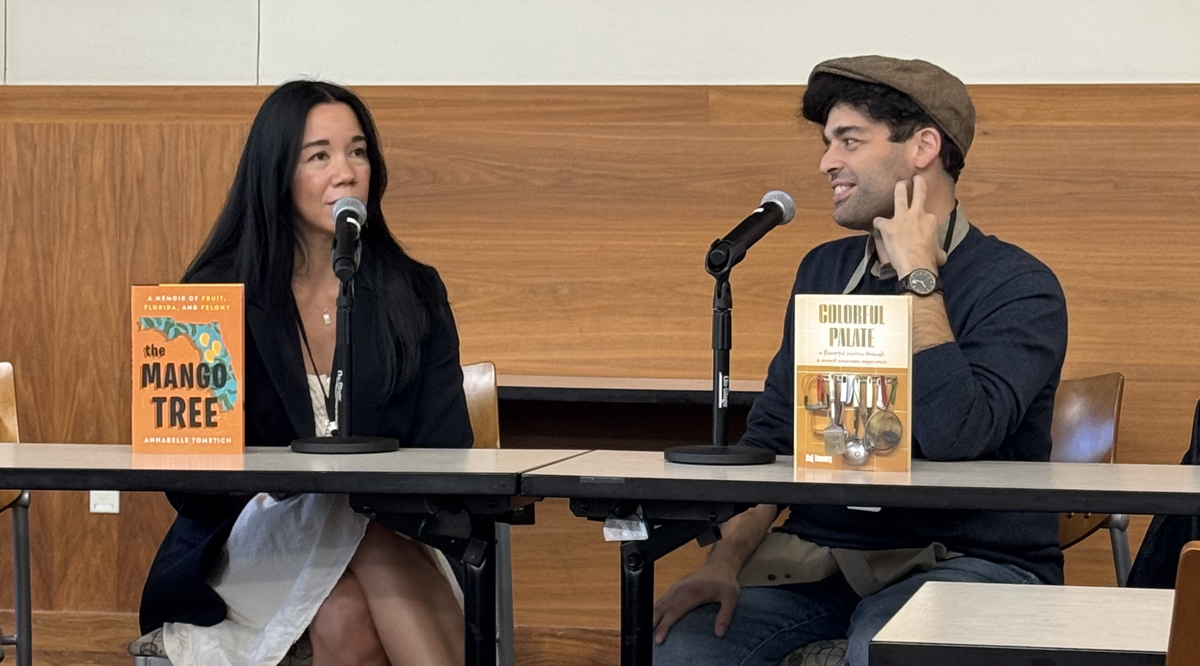“Once books are acquired for the library, there’s actually [a] First Amendment obligation to provide access to those books and to not censor those books based on their content or viewpoint.”
Deborah Caldwell-Stone, director of the American Library Association’s Office for Intellectual Freedom, was a guest on WNYC’s The Takeaway today to discuss book bans in the wake of the August 12 attack on author Salman Rushdie, whose book The Satanic Verses has been banned by multiple countries, and significant book-banning efforts across the United States. Caldwell-Stone spoke with host Melissa Harris-Perry about the threat that book bans and challenges pose to public libraries and First Amendment rights and more.
“All library users have a First Amendment right to enter and use public libraries, and all users have a right to access and read the books that have been selected to be on the shelf,” Caldwell-Stone said. “It is believed to be a First Amendment violation to remove those books because of the views, the topics, [and] the ideas expressed in those books.”
Listen to the whole conversation:
Are you alarmed by the escalating attempts to censor books? Here are five steps you can take now to protect the freedom to read.
- Follow news and social media in your community and state to keep apprised of organizations working to censor library or school materials.
- Show up for library workers at school or library board meetings and speak as a library advocate and community stakeholder who supports a parent’s right to restrict reading materials for their own child but not for all
- Help provide a safety net for library professionals as they defend intellectual freedom in their communities by giving to the LeRoy C. Merritt Humanitarian Fund.
- Educate friends, neighbors, and family members about censorship and how it harms communities. Share information from Banned Books Week 2021.
- Join the Unite Against Book Bans movement to learn what you can do to defend the freedom to read in your community.




